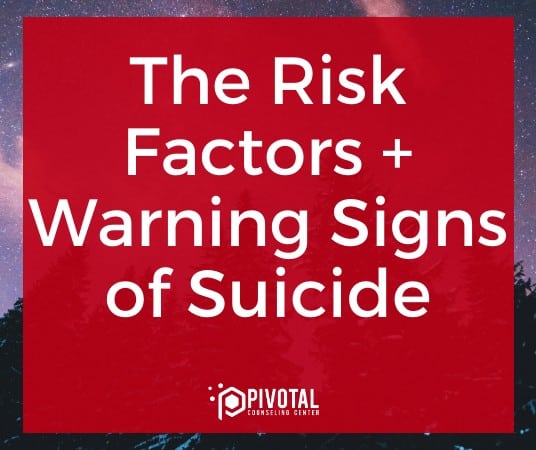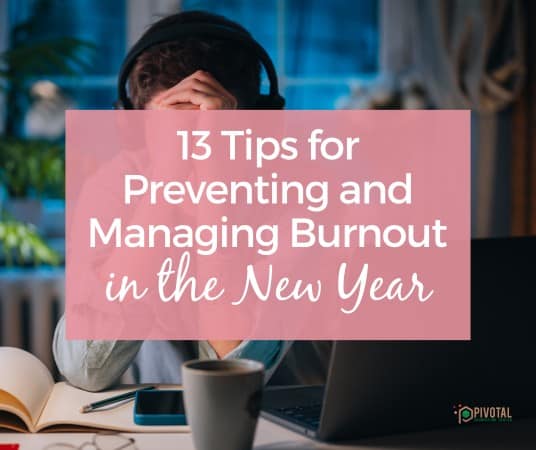
In September, we observe National Suicide Prevention Awareness Month. As with many mental health topics, there is still a stigma around talking about suicide, so it’s something that is very misunderstood. Most of us see depictions of people contemplating ending their lives in movies and other media, and unfortunately, the media gets a lot of the facts wrong when it comes to suicide.
Here’s what you really should know about suicide, both for your own mental health and so you can support the people in your life who might be struggling with thoughts of suicide or the suicide of someone they care about.
Suicide is a word that shuts us down instantly – it’s a tragedy that many of us can’t wrap our heads around, but that makes it even more important for people to know the facts about suicide. Remember that even if reading or talking about this topic makes you feel uncomfortable, it is possible to sit with the discomfort instead of letting it take over. Learning, even when we’re uncomfortable or scared, is one of the ways we can grow.
One of the first things to understand about suicide is that it isn’t caused by one single thing. Often there are many factors that lead to higher risk of suicide (like substance abuse, lack of social support, lack of healthcare, or untreated mental illness to name a few.) Risk factors for suicide don’t predict if someone will attempt to end their life, but it’s important to know the risk factors in addition to warning signs so you can make informed decisions.
Here some more risk factors of suicide:
- Mental health disorders (like mood disorders, schizophrenia, anxiety, etc.)
- Substance abuse
- Exposed to others who have died by suicide
- Major illlnesses or injury
- Trauma or abuse history
- Family history of suicide
- Stressful life events
- Change in job or financial status
- Inability to access healthcare
- Access to lethal means
In addition to risk factors of suicide, there are also warning signs that someone is thinking about ending their life. Thinking about suicide is called suicidal ideation. There are different levels of suicidal ideation. The lower levels are things like intrusive thoughts about ending their life or death. Some people think about suicide but have no plan or intent to actually end their lives.
The highest level is someone who is actively suicidal, which means they are thinking of ending their life, have the intent to act, and have the means to carry it out. This is a mental health emergency, and if you encounter someone in this state, it is imperative to get them help right away. Consider looking up local mental health crisis hotlines and emergency response services and save the numbers in your phone so you have resources available.
Here are some warning signs that someone is thinking about ending their life:
- Talking about feeling hopeless or having no reason to live
- Saying they’re a burden to others
- They feel trapped in unbearable pain
- Talking about killing themselves
- Increased substance use
- Engaging in risky behavior
- Researching ways to end their life
- Isolating from social activities and loved ones
- Changes in sleeping patterns
- Unusual changes in behavior
- Saying goodbyes + giving away possessions
- Irritability
- Agitation
- A sense of relief + sudden improvement (this sign can mean that someone who was previously just considering ending their life has made a plan + has intent, and sometimes a feeling of sudden improvement can give the person enough energy to carry out their plans to harm themselves)
It’s important to remember that feelings of suicidality will pass. They are not a permanent state, so if someone is suicidal once, that doesn’t mean they will stay that way forever.
It is crucial for people who are vulnerable to have social support, so taking the time to learn the risks and warning signs of suicide can really make a difference. If you have any concerns or questions about someone in your life, our clinicians can help give you advice that’s personalized to you.
If you or someone you know is considering ending their life, please get help from a mental health professional immediately. The number for the National Suicide Prevention Lifeline is 800-273-8255.
Pivotal Counseling Center is now accepting Medicaid including Blue Cross Community Medicaid, Meridian Medicaid, and Molina Medicaid for outpatient counseling.









